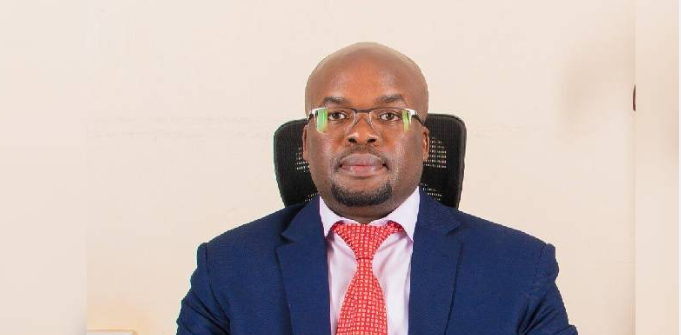Interior Principal Secretary Raymond Omollo is at the centre of controversy following allegations that Kenyan police officers deployed to Haiti as part of a United Nations security mission are yet to receive their salaries, despite his repeated assurances.
Omollo, along with Inspector General of Police Douglas Kanja, has insisted that payments have been made, but insiders on the ground strongly dispute these claims, accusing the government of misleading the public.
Omollo recently stated that the officers’ remuneration had been processed up to October and attributed their success in Haiti to Kenya’s substantial support.

Dr. Raymond Omollo, the Interior PS. Photo: The Star Source: Facebook
However, sources within the National Police Service and Haiti have revealed that no payments have been received from the supposed funding streams.
Officers claim they are struggling to support their families back home, with some threatening to resign due to months of financial hardship.
“These statements from the Interior Ministry and police leadership are nothing but empty words,” an officer stationed in Haiti lamented.
“We are still waiting for payments while our families suffer.” The financial strain has been exacerbated by strict communication controls reportedly imposed to suppress any leaks about the officers’ plight.
Dr. Raymond Ojwang’ Omollo Photo: Nairobiminibloggers
Recent treasury documents show that Kenya allocated Ksh 2 billion to fund the mission, raising questions about where the money has gone.
Critics accuse Omollo of failing to provide clear accountability and transparency regarding the funds, leaving the officers in dire straits.
As frustrations grow, the narrative of progress touted by Omollo and Kanja is being challenged by the harsh realities faced by the Kenyan officers on the ground.
Their plight shines a spotlight on the disconnect between leadership claims and the lived experiences of those carrying out the mission.



